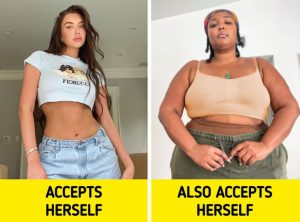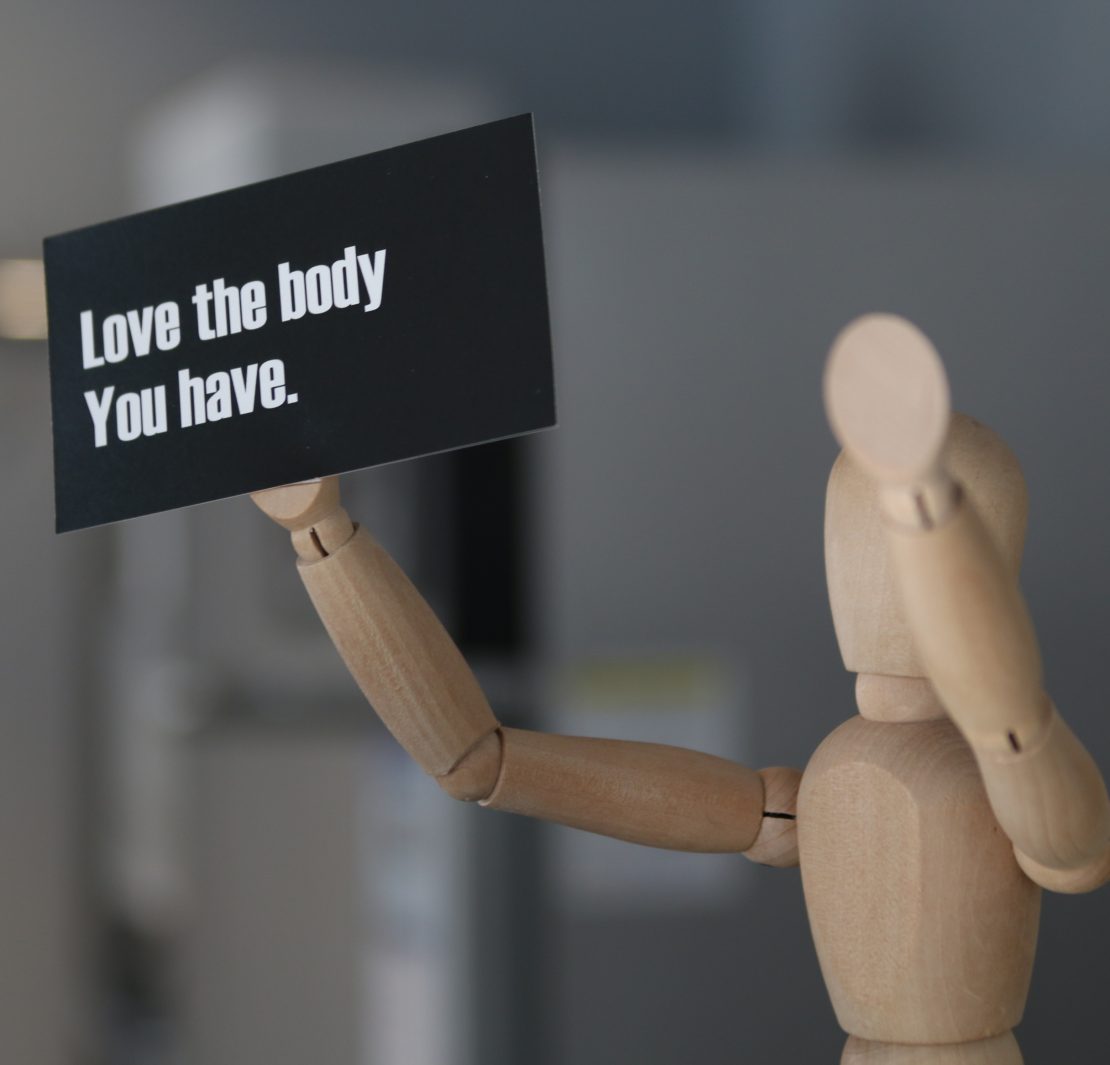From TikTok trends to celebrity speeches, the body positivity movement has reshaped the way we see ourselves and each other. It’s a powerful shift, driven by social media influencers, pop icons, and actors who remind millions of followers every day that all bodies are worthy of love and respect. For many, this movement has been a breath of fresh air, offering an escape from decades of toxic beauty standards.
But here’s where it gets tricky. As messages of self-love spread like wildfire online, so do half-truths and misinformation about health. Somewhere along the way, the conversation about body acceptance has collided with serious concerns about physical well-being. It’s not about “fat versus thin” — it’s about the growing need to address the health risks linked to excess body weight, like heart disease, diabetes, and other chronic conditions. So, how do we strike a balance between loving our bodies and taking care of them?

Obesity is a global health crisis, and its impact is hard to ignore. In the United States, over 40% of adults are considered obese, and this statistic is climbing steadily among younger generations, including Gen Z. The health implications are significant—obesity has been linked to chronic conditions like heart disease, type 2 diabetes, high blood pressure, and even certain types of cancer. Research shows that severe obesity can shorten life expectancy by up to 10 years, and it’s not just physical health at stake. Mental health is also affected, as people living with obesity may face stigma, discrimination, and negative self-image.
As messages of self-love spread like wildfire online, so do half-truths and misinformation about health.
For Gen Z, who are deeply connected to social media and cultural movements, striking a balance between body positivity and health awareness is essential. The core message of body positivity—that everyone deserves respect and dignity regardless of their appearance—must remain intact. But it’s also important to recognize that true self-love includes prioritizing one’s physical health. Self-acceptance and self-improvement can coexist. Health influencers, fitness coaches, and even healthcare professionals are beginning to merge these messages, promoting “health at every size” (HAES) initiatives that encourage people to make healthier choices while still embracing their current bodies.
Social media plays a critical role in shaping this balance. Platforms should be spaces for body positivity, but they should also amplify accurate information about health and wellness. Misinformation can spread rapidly online, and Gen Z—often hailed as one of the most socially conscious generations—has the power to lead this change. We can create a movement that doesn’t pit self-love against well-being by promoting open conversations about health and body acceptance. True empowerment lies in loving our bodies while also doing our best to care for them.
After all, being body-positive shouldn’t just mean accepting our reflection in the mirror—it should also mean taking care of the person looking back at us.




